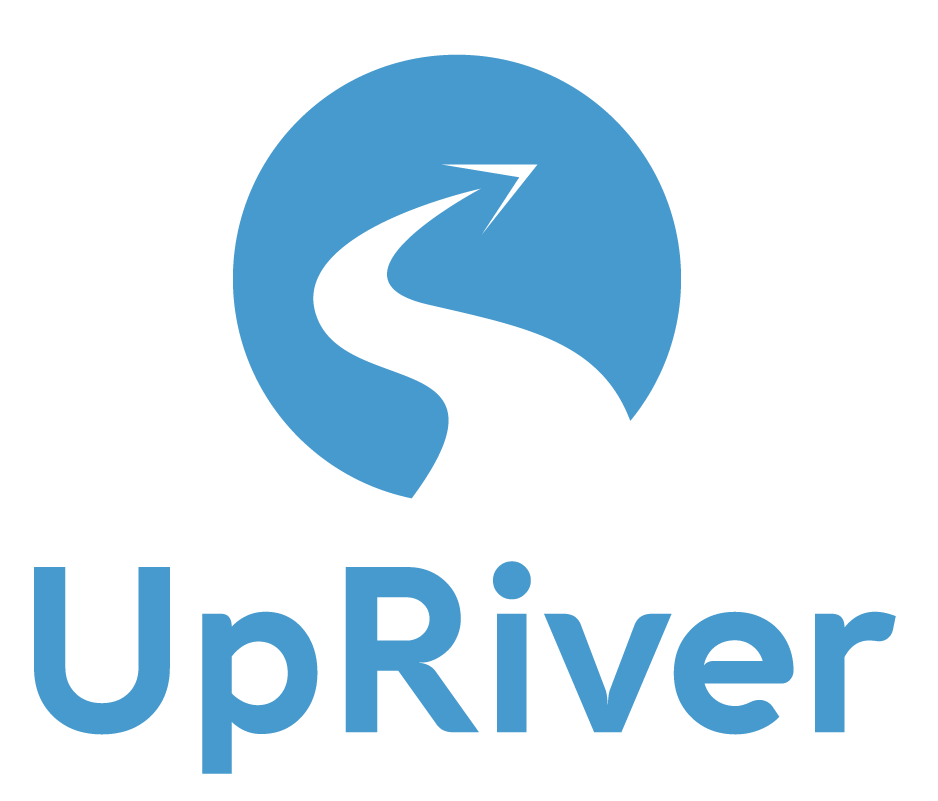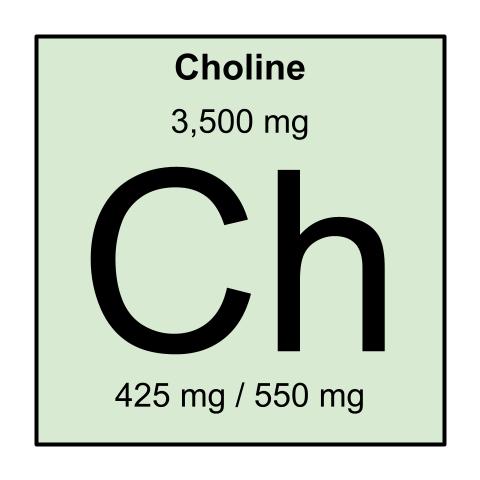Choline is a constituent of lecithin, a key building block of cell membranes, important for cell formation and growth, is needed for proper functioning of the cell membranes; needed for production of the neurotransmitter acetylcholine, needed for nerve-muscle transmission, may help nervous system disorders like Parkinson’s disease, regulates the gallbladder and helps prevent gallstones, regulates liver function, for fat and cholesterol transport and metabolism as an energy source, minimizes excess fat in the liver, lowers blood homocysteine levels, which helps prevent cardiovascular problems, and works with betaine to reduce chronic inflammation that is linked to disorders such as osteoporosis, diabetes and Alzheimer’s. Sources include chicken breast, salmon, pork chop, eggs, beef, shrimp, navy beans, milk, broccoli, green peas, egg yolk, lecithin, and soybeans.
Quick Facts
-Acknowledged as a nutrient in 1998 by the Institute of Medicine, so it is more newly discovered
-Organic, non-soluble, and neither a vitamin or a mineral, yet [85][86]
-Needed to make fats for cell membranes, create cell signalling molecules, to transport cholesterol from the liver
-Helps with DNA synthesis
-Needed to make acetylcholine, a key neurotransmitter involved in memory, regulating heart beat, muscle function, and other functions
-Created in the body, but not in enough amounts, so still considered an essential nutrient
-”Constituent of lecithin, a key building block of cell membranes, important for cell formation and growth; needed for proper functioning of the cell membranes; needed for production of the neurotransmitter acetylcholine, which is vital for brain and nerve function; essential for optimal brain functioning, learning and memory; needed for nerve-muscle transmission; may help nervous system disorders like Parkinson’s disease; regulates the gallbladder and helps prevent gallstones; regulates liver function, and is beneficial for liver damage related to hepatitis and cirrhosis; for fat and cholesterol transport and metabolism as an energy source; natural lipotropic agent that minimizes excess fat in the liver; lowers blood homocysteine levels, which helps prevent cardiovascular problems; works with betaine to reduce chronic inflammation that is linked to disorders such as osteoporosis, diabetes and Alzheimer’s.” [160]
-Forms: phosphatidylcholine (lecithin)
RDI
Males 19 – 30 yrs: 550 mg
Females 19 – 30 yrs: 425 mg
[128]
Deficiency
-Impaired fat transport, which can cause fat build up in the liver causing liver damage
-Raised cholesterol and triglyceride levels
-High blood pressure
-High blood levels of homocysteine increasing risk of heart disease
-Insufficient acetylcholine neurotransmitter causing muscle and nerve function impairment
-Kidney hemorrhage and inability to concentrate urine
-Abnormal bone formation
-Impaired growth
-Infertility
-Impaired memory and brain function, association with Alzheimer’s [160]
Toxicity
-High doses (10,000 – 16,000 mg/day) can cause a fishy body odor, vomiting, salivation, and increased sweating. Can lower blood pressure causing dizziness or fainting
-Upper recommended limit is 3,500 mg/day. People with liver or kidney disease, Parkinson’s, depression or trimethylaminuria may be at increased risk [179].
Sources
Chicken breast, salmon, pork chop, eggs, beef, shrimp, navy beans, milk, broccoli, green peas [126], egg yolk, lecithin, soybeans. Also, banana, butter; organ meats like calf liver and heart; cauliflower; flax seed; legumes; milk; oranges; peanuts and peanut butter; potatoes; sesame seeds; tomatoes; whole grain cereals such as barley, corn, oats, whole wheat. [160]

